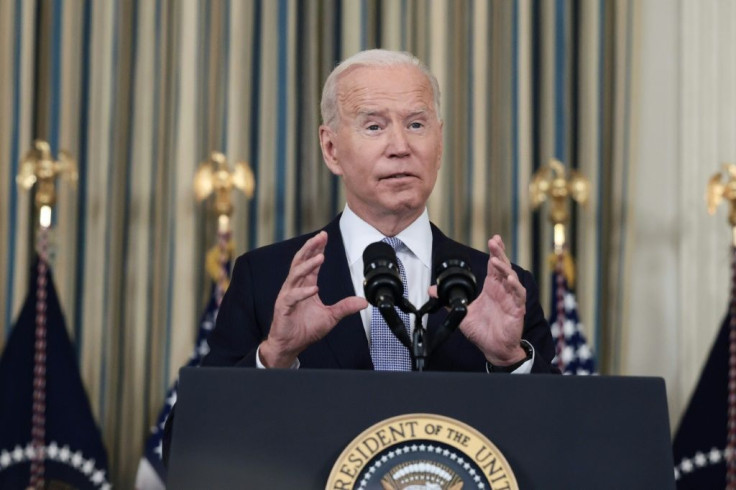Biden Education Plan Has Far-Reaching Benefits

As Congressional Democrats try to find middle ground on the price tag of President Biden’s $3.5 trillion infrastructure bill, the provisions concerning education may prove to be the most vital parts of the bill.
The bill would make all Americans entitled to two years of free pre-K, and two years of free community college, though states must opt-in and be able to cover about 20% of the costs. The bill would be able to provide enough funding to support the program for five years. The provisions will also make millions of families eligible for childcare subsidies and there will be more financial aid for low-income students.
Biden plan seeks to expand education, from pre-K to college https://t.co/DDFg8JAiXS
— TOI World News (@TOIWorld) September 27, 2021
“We haven’t done anything like that in my memory,” said Jessica Thompson, associate vice president of the Institute for College Access and Success, an education nonprofit. “It’s the dream.”
The ambitious proposals have sparked backlash from Republicans who argue free community college would only benefit students from affluent families. Rep. Virginia Fox, R-N.C., said the government shouldn’t "blindly throw money at the problem and call it the solution."
About 1 out of 4 college students attend a community college. Anthony Carnavale, director of the Georgetown Center on Education and the Workforce, told CNBC that free community college is necessary to improve the workforce.
“Two years of community college brings a return," he said. "In general, we see an 8% percent wage increase per annum for every year of college you complete. So if you go to a two-year college, on average, we’re talking about a substantial wage increase over a lifetime.”
Aaron Rasmussen, co-founder of Masterclass and CEO of Outlier.org, called Biden's community college proposal "an incredible opportunity in front of us."
The price tag for the education provisions would total $761 billion, accounting for 20% of the total package. The programs are intended to benefit all students so they can access better education, earn a degree, which would lead to a higher-paying job.
Denise Forte of Education Trust said the bill has the potential to impact many communities positively but the success will depend on the acceptance by the states.
“Some states may see the barrier as too high, even though there’s a significant return,” she said.
Democrats hope to pass the reconciliation bill by Oct. 1.





















